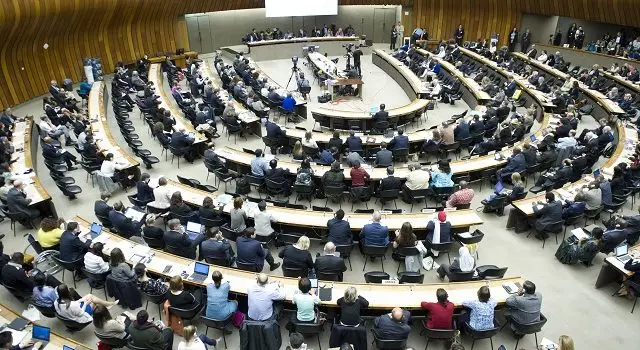New research shows the economic burden of Latin America’s biggest killer, heart disease, for the first time. The World Heart Federation’s World Congress of Cardiology & Cardiovascular Health (WCC 2016) comes to Mexico to highlight the impact of CVDs in the region.
New research has examined the economic burden of four heart conditions in Latin America for the first time, indicating that the figure totalled over US$30.9bn in 2015.
A team of researchers looked at the prevalence of cardiovascular heart disease in Mexico, Brazil, Chile, Colombia, Ecuador, Peru, Venezuela, Panama and El Salvador, conservatively estimating that four conditions (heart attack, heart failure, atrial fibrillation and hypertension) affect approximately 89.6 million people in the region (or 27.7% of the adult population*). This resulted in up to 6.8 million DALYs (or years of healthy life lost).
Dr Salim Yusuf, President, World Heart Federation said:
“This research is useful in highlighting the broad economic burden of cardiovascular disease in Latin America, as well as the significant number of years of healthy life lost. Heart disease not only has far-reaching effects on the health of whole populations and therefore on government spending and policies, but also deeply affects our families and communities on a personal level.
“By showcasing this research alongside new technological advances and practical examples of how interventions from around the world can be implemented in various settings to save lives, I hope that WCC 2016 will facilitate real action by health leaders, policymakers and professionals.”
The full report, intended to raise awareness about the conditions and their cost-effective prevention, will be presented to cardiologists, policymakers and health leaders from around the world at the World Heart Federation’s World Congress of Cardiology & Cardiovascular Health (WCC 2016) in Mexico, 4-7 June 2016, where a variety of brand new, pioneering international research will also be showcased.
At WCC 2016, the global cardiovascular community will convene to highlight the challenges of tackling CVDs in Latin America and beyond, and discuss the latest technological advances and practical examples of how local interventions from different countries can help save lives.


